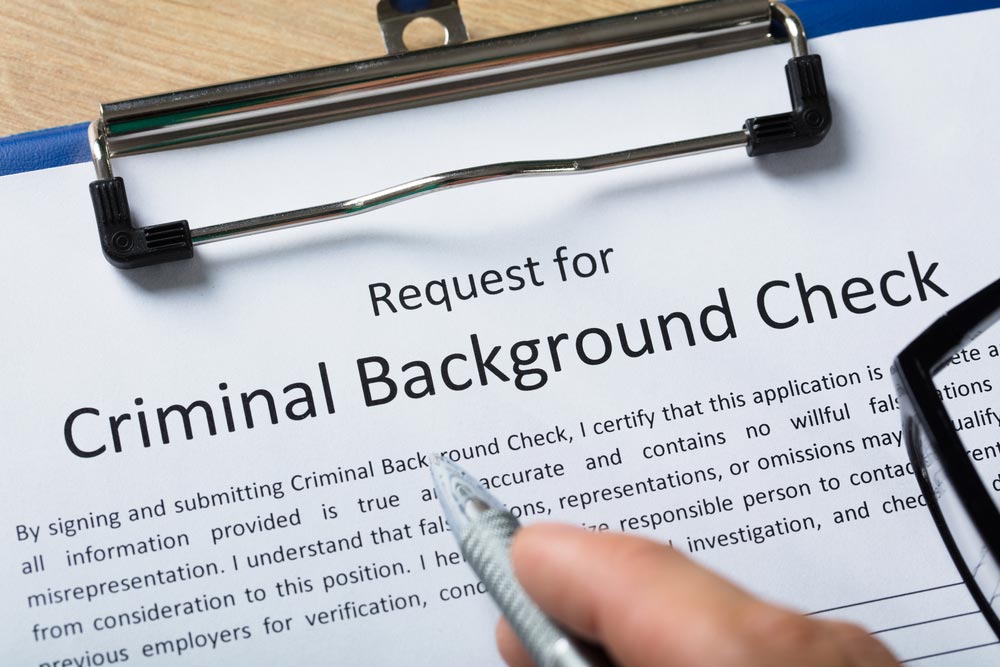Also referred to as “The Sparkling City by the Sea,” Corpus Christi is both a thriving metropolis and a beachside haven. But historically, the city has experienced a number of crime-related issues (though efforts have been made to improve safety and reduce local crime rates). Corpus Christi has a mix of urban and suburban areas, so these numbers can vary significantly. But in recent years, there have been concerns about the property crime rates. That’s why organizations and the local police have initiated community programs that are meant to enhance security.
The downtown area has experienced periods of elevated crime rates, which has led to an increased police presence and a number of revitalization efforts. Infrastructure upgrades and community policing have helped to make the area more secure. Like most cities in the US, it sees occasional protests and demonstrations. But, they’re usually peaceful and regulated by local authorities. It is, however, a good idea to stay updated on the Corpus Christi crime rate through local news outlets. They should also be aware of how public events can affect safety and accessibility.

Common Crimes Being Committed in Corpus Christi
There’s a broad range of criminal arrests in Corpus Christi — from minor misdemeanors to serious felonies. But here are some of the more common crimes being committed in the city:
- DUI/DWI — According to the Texas Department of Transportation, there were 19,065 DUI/DWI crashes in Texas in 2020 (which resulted in 2,487 serious injuries and 1,073 fatalities). The local police are very strict about DUI/DWI incidents. Even first-time offenders can face serious penalties (such as fines, license suspensions, and even jail time).
- Drug Possession — This is another common criminal arrest in Corpus Christi. Texas has some of the harshest drug possession laws in the country, with penalties that can include fines and even years in prison (depending on the type and amount of drugs involved). The most commonly abused drugs in Corpus Christi include marijuana, cocaine, methamphetamine, and prescription drugs.
- Assault — This is a serious offense that can come with severe penalties, and it’s commonly committed in Corpus Christi. If you have been charged with an assault in Corpus Christi, the severity of the incident will determine whether it will be classified as a misdemeanor or felony. And the penalties for this crime can include fines along with time in jail or prison.
- Theft — This is another crime that’s commonly committed in Corpus Christi, and it’s defined as the taking of someone else’s property without his or her consent while intending to deprive that person of it. The value of the property will determine if it will be classified as a misdemeanor or felony.
- Domestic Violence — This is a serious offense that can result in severe penalties (including fines along with time in jail or prison). Domestic violence can include physical, emotional, and sexual abuse against a family member or other member of your household. The State of Texas takes this crime very seriously. Even a first-time offense can lead to a protective order, fines, and even jail time.
- Robbery — This is another serious crime that can come with severe penalties (such as fines along with time in jail or prison). Robbery is defined as the taking of someone else’s property through the use of force or the threat of force. This crime is considered a felony that comes with a prison sentence of up to 20 years. If a deadly weapon was used when the crime was committed, the penalty can be enhanced to life imprisonment.
- Criminal Trespass — This is a common crime being committed in Corpus Christi, and it occurs when someone enters or remains on someone else’s property without his or her consent. In Texas, it can be considered a misdemeanor or a felony. The severity of the charge will depend on the circumstances of the situation.
If you’re in trouble with the law in Corpus Christi, it’s important to get the help of an experienced attorney.
What to Do if You Have Been Charged with a Crime
If you have been arrested for an alleged crime in Corpus Christi, it’s important to stay calm. Getting angry or aggressive can make the situation worse and can lead to more charges being filed against you. You need to exercise your right to remain silent, which is guaranteed under the Fifth Amendment. You always have the right to speak to an attorney. If you have been arrested, it’s important to understand your charges and to cooperate with the police. You will also need to provide basic information (such as your name, date of birth, and address).
If you have been arrested and are looking for a criminal defense attorney in Corpus Christi to help you with your case, be sure to get in touch with Gale Law Group.








